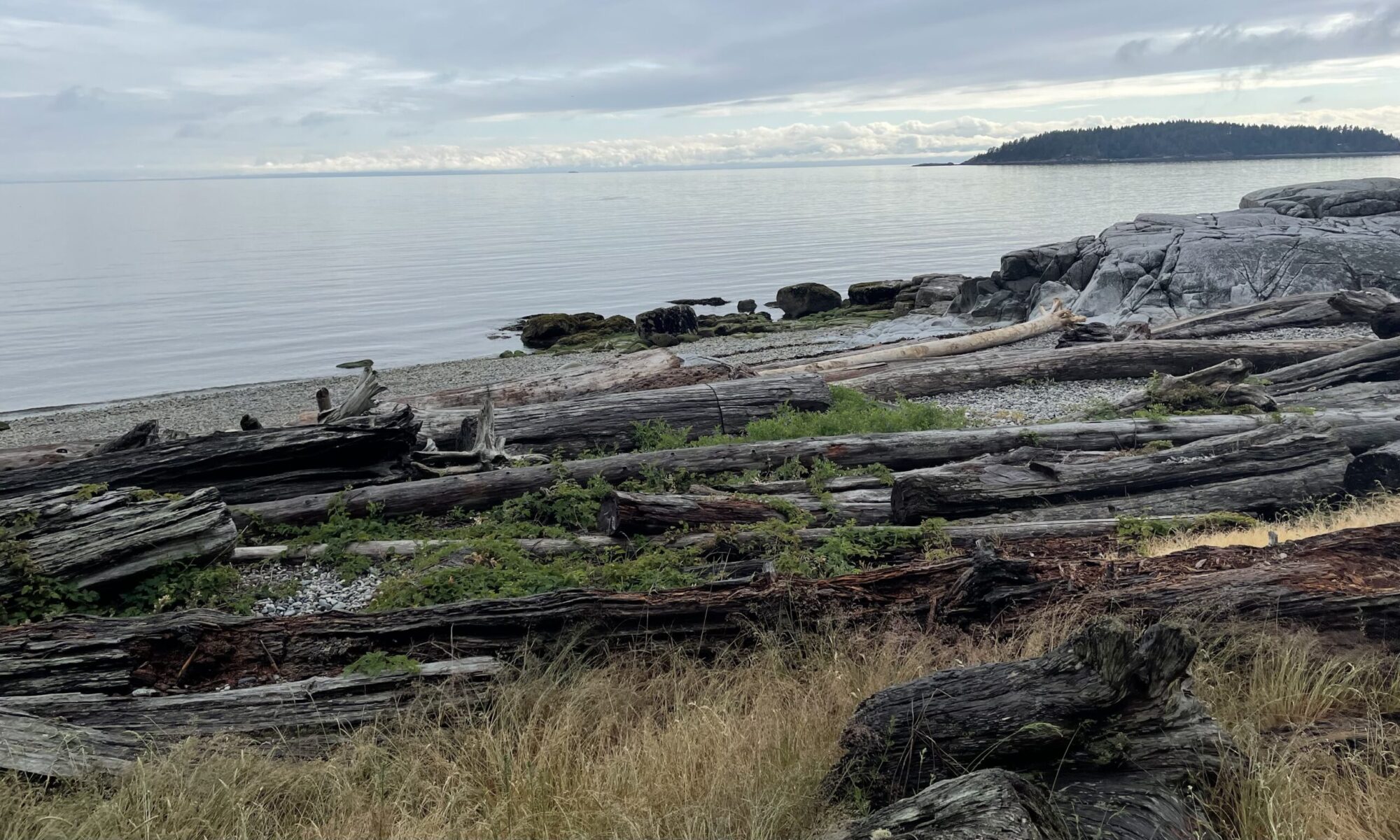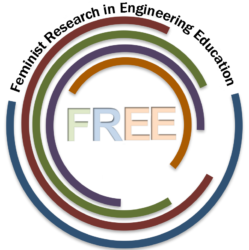As engineering education research matures, engineering education researchers seek to answer increasingly complex questions rooted in social situations, such as “What is engineering in various communities?” and “How does engineering work happen at various stages of professional development?” The desire to ask such questions leads the community to develop or incorporate diverse methods that help the community to answer the complex question. The purpose of this paper is to present to the engineering education community an introduction to domain analysis, an ethnographic method developed within anthropology designed to answer these complex questions.
Careful observation serves to identify productive routes to inquiry so as to move the researcher towards understanding relationships present within the social environment defined by the question. Because this methodology can call attention to both desirable and problematic relationships, results from this methodology can inform individual research agendas, program assessment, and policy creation by enabling researchers to construct a map of social situations.Specifically, this methodology builds on the tradition of flexible design characterized by question asking, good listening, adaptiveness and flexibility, grasp of the issues, and lack of bias2-3 and relies on anthropological techniques of domain analysis. We present domain analysis as an iterative four-step method:
- Locate a social environment to observe.
- Decide what evidence already present in that environment helps you answer your question.
- Identify inter-relationships between the evidence.
- Organize these relationships according to a question tree.
This paper explains these four steps within the context of engineering education research, with specific examples relating to our ongoing investigation of how engineering education researchers research gender. This paper is explicitly about our method; describing our data in detail is outside the scope of this paper. This research method provides important insights needed to design engineering education research agendas both at the individual and community level.
Download the paper: 2010 Nelson & Pawley

